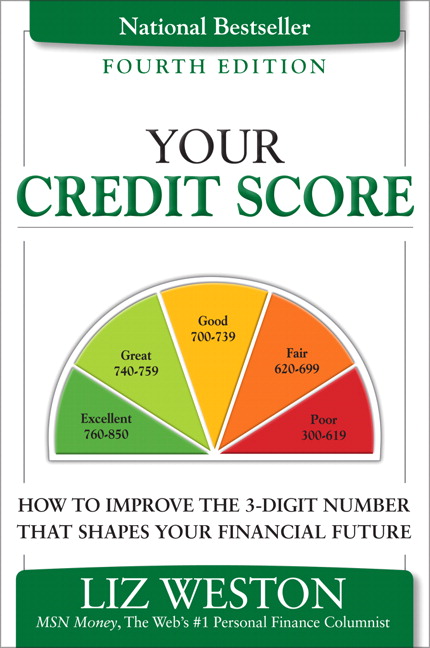Dear Liz: Could you advise us on how to protect our 93-year-old mother’s assets if she should become ill or die? She does not have a living will or a trust regarding her two properties.
Answer: “If” she should become ill or die? Your mother has been fortunate to have had a long life, presumably without becoming incapacitated, but her luck can’t hold out forever.
Your mother needs several legal documents to protect both herself and her assets. Perhaps the most important are powers of attorney for healthcare and for finances. These documents allow people she designates to make medical decisions and handle her finances for her should she become incapacitated. In addition, she may want to fill out a living will, which would outline the life-prolonging care she would and wouldn’t want if she can’t make her wishes known. (In some states, living wills are combined with powers of attorney for healthcare, and in others they are separate documents.)
These legal papers aren’t important just for the elderly, by the way. You should have these too, since a disabling illness or accident can happen to anyone.
Your mother also should consider a will or a living trust that details how she wants to parcel out her estate to her heirs. Of the two documents, wills tend to be simpler and cheaper to draft, but a living trust means the court process known as probate can be avoided. The probate process is public, and in some states (particularly California) it can be protracted and expensive. A living trust also could make it easier for someone to take over managing her finances in case of incapacity or death.
You can find an attorney experienced in estate planning by contacting your state’s bar association. Expertise and competence are important, so you may want to look for a lawyer who is a member of the American College of Trust and Estate Counsel, an invitation-only group that includes many of the best in this field.
If she or you are trying to protect her assets from long-term care or other medical costs, you’ll need someone experienced in elder care law to advise you. You can get referrals from the National Academy of Elder Law Attorneys at http://www.naela.org.
